As the automotive industry evolves, a critical emphasis on sustainability has come to the forefront. Among the leaders in this transformation is Tesla, a company that not only revolutionized electric vehicles (EVs) but also paved the way for sustainable practices within the industry. Tesla's commitment to sustainability is evident through various initiatives, with their vehicle recycling programs being a noteworthy example. These efforts highlight how Tesla is not just about creating electric cars but fostering a complete ecosystem that supports a sustainable future.
Tesla's mission to accelerate the world’s transition to sustainable energy is evident in its holistic approach to manufacturing and recycling. The company has integrated sustainability into every aspect of its operations, from the use of renewable energy in car manufacturing to its innovative recycling programs. This commitment positions Tesla as a leader in sustainable automotive solutions.
Tesla's vehicle recycling program is integral to its sustainability strategy. At the end of their lifecycle, Tesla vehicles enter a comprehensive recycling process. This initiative ensures that valuable materials such as aluminum, steel, and battery components can be recovered and reused, reducing the need for virgin materials and minimizing waste.
The environmental benefits of Tesla's recycling efforts are significant. By recovering and reusing materials, Tesla reduces the need for raw material extraction, thereby decreasing the environmental degradation associated with mining and refining. Furthermore, Tesla's battery recycling process helps in mitigating the disposal issues related to battery components, which can be harmful to the environment if not handled properly.
A major focus of Tesla’s recycling efforts revolves around its batteries. Given that batteries are both a critical and expensive component of electric vehicles, their lifecycle management is crucial. Tesla has developed advanced methods to recycle old batteries efficiently, recovering essential metals like lithium, cobalt, and nickel. This not only supports the supply chain but also significantly reduces the environmental footprint of battery production.
Eco-Friendly Vehicle Initiatives Beyond Recycling
Tesla’s sustainability efforts extend beyond recycling. The company invests heavily in eco-friendly manufacturing practices. Tesla's factories are designed to be as green as possible, utilizing renewable energy sources such as solar and wind power extensively. This commitment minimizes the carbon footprint associated with vehicle production and aligns with global carbon reduction goals.
Tesla’s initiatives have set a benchmark for sustainability in the automotive industry. Other manufacturers are now following suit, integrating more sustainable practices into their operations. For instance, the upcoming 2025 Ford Maverick indicates that hybrid technology is becoming mainstream in segments traditionally dominated by gas-powered vehicles, such as pickup trucks.
A core principle underlying Tesla’s recycling and manufacturing strategies is the circular economy. By designing products with their entire lifecycle in mind, Tesla ensures that components can be reused or repurposed rather than discarded. This approach not only benefits the environment but also enhances economic efficiency by reducing waste and dependency on raw materials.
Despite these efforts, Tesla faces its own set of challenges and controversies. Recent news highlights how external factors like political endorsements can influence public perception and potentially impact consumer trust and market stability. Moreover, delays in high-profile projects like the Tesla Robotaxi rollout could pose questions about the company’s ability to meet its ambitious sustainability goals.
Future Directions: Optimus Robots and More
Looking ahead, Tesla plans to further integrate advanced technologies into its sustainability agenda. The development of Optimus robots aims to automate and optimize manufacturing processes, potentially reducing waste and increasing efficiency. However, with recent pushbacks in timelines, stakeholders may be watching closely to see if these innovations can indeed align with the company’s eco-friendly vision.
Tesla’s vehicle recycling programs and broader sustainability initiatives are more than just corporate responsibility—they are central to the company’s identity and business model. Through innovative recycling practices, eco-friendly vehicle initiatives, and a commitment to renewable energy, Tesla not only contributes positively to environmental conservation but also drives the entire automotive industry towards a more sustainable future.
As we look forward, it remains imperative for industry leaders and consumers alike to support and invest in sustainable practices. Only through collective effort can we hope to address the pressing environmental challenges of our time.


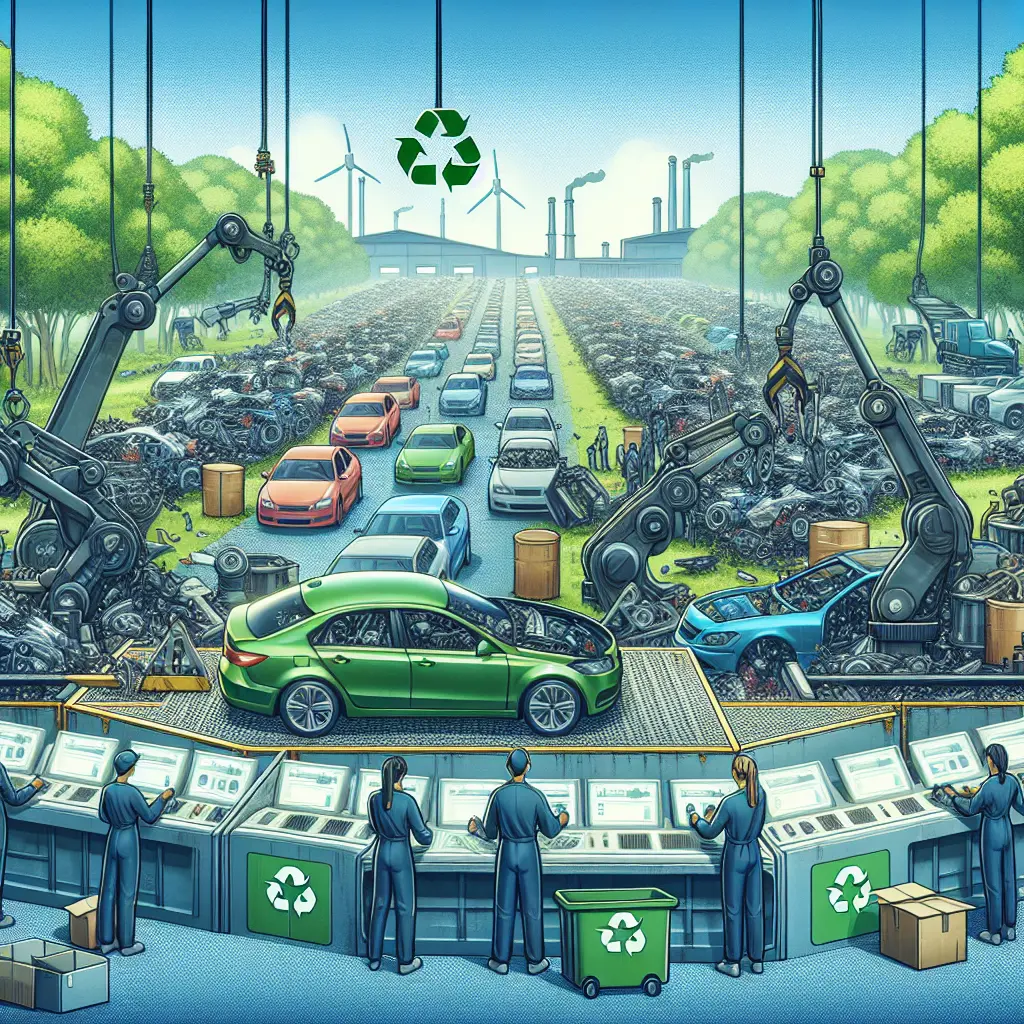

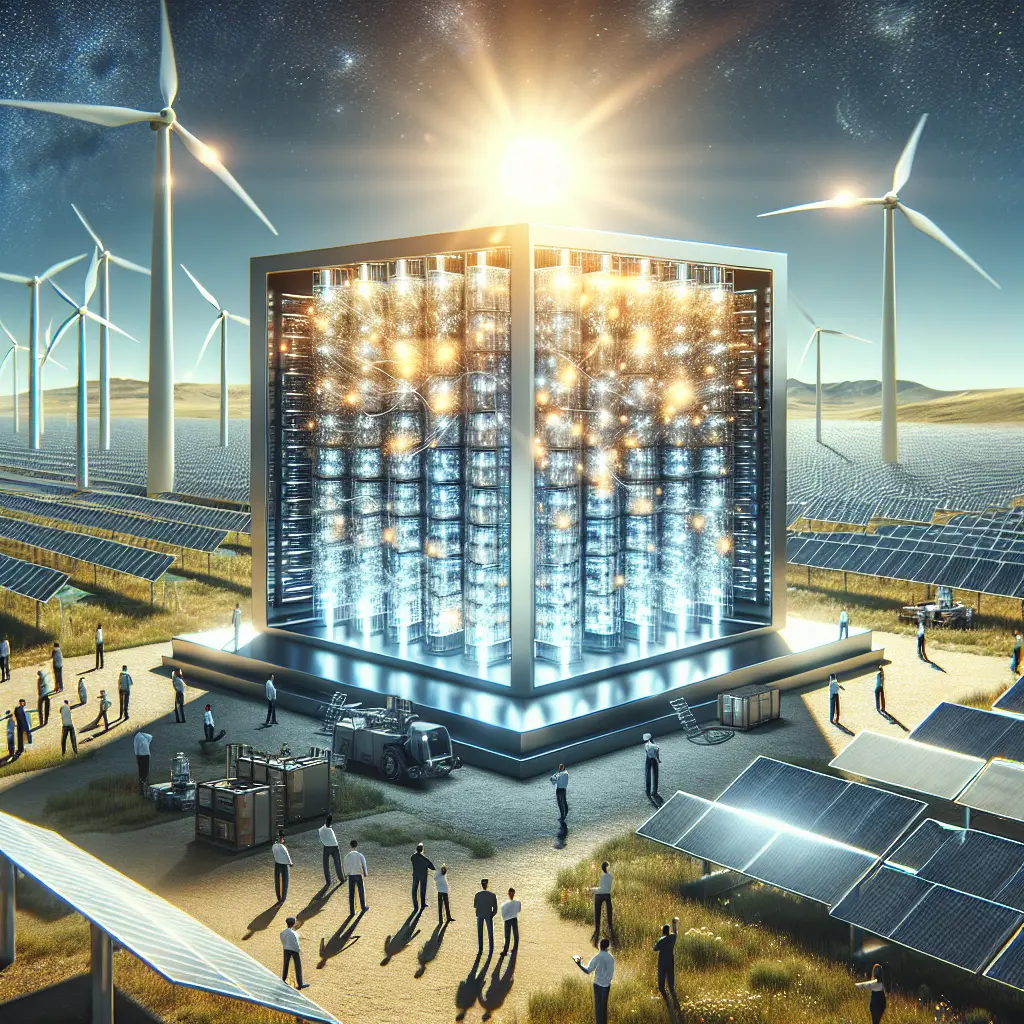
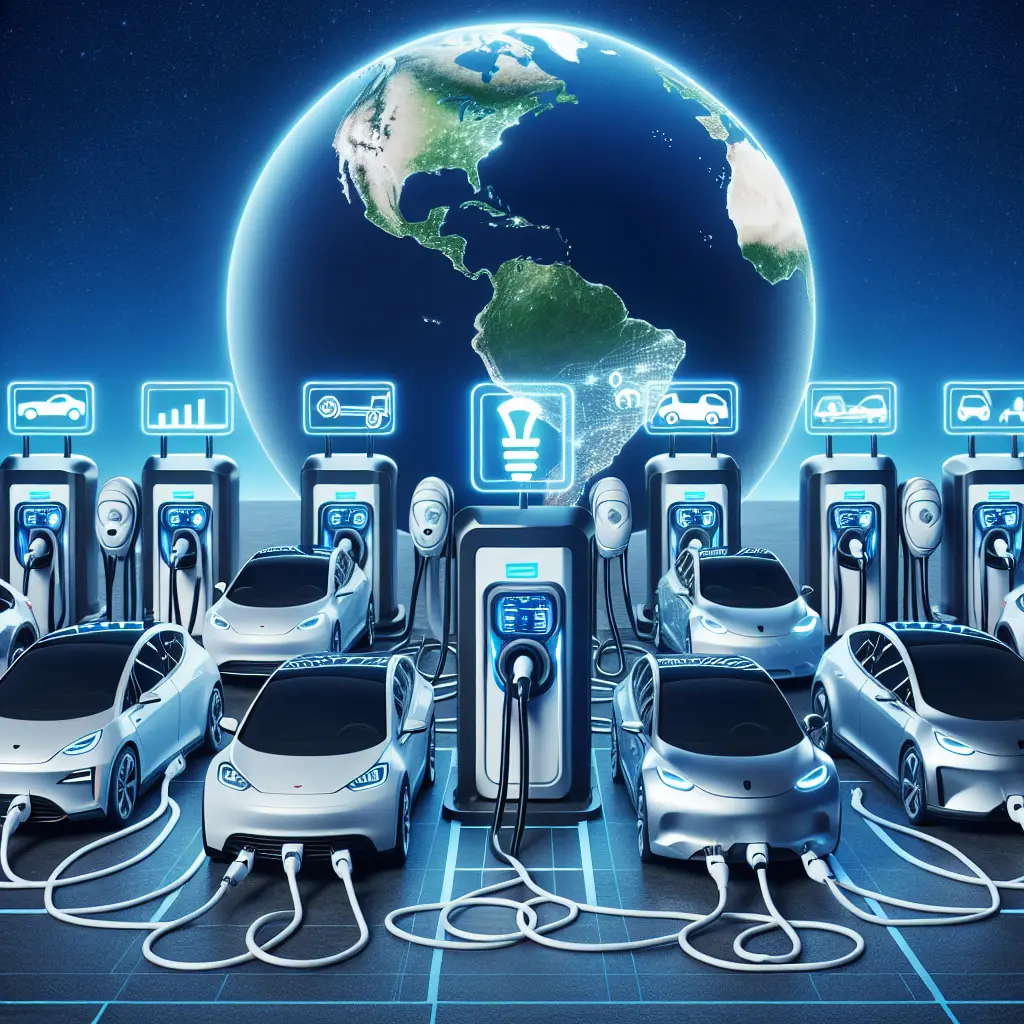
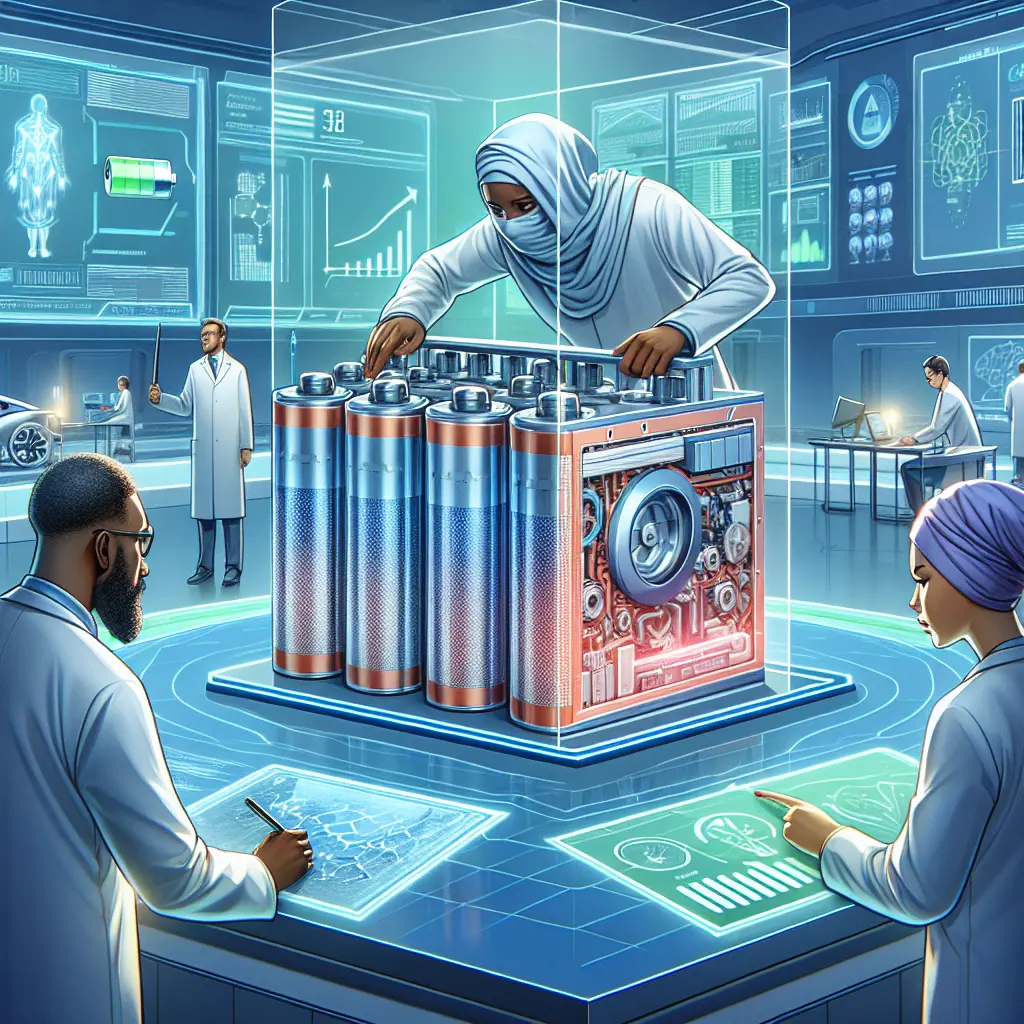
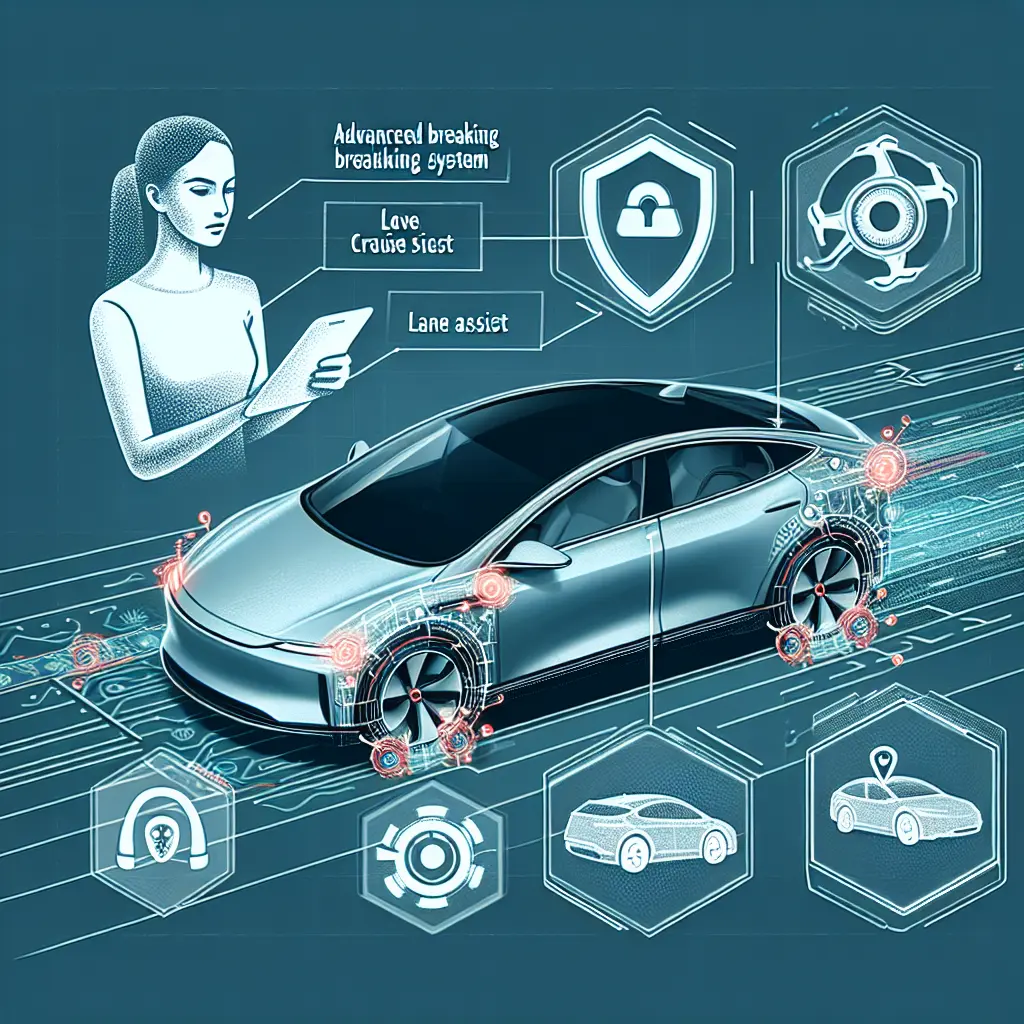


Leave a Comment